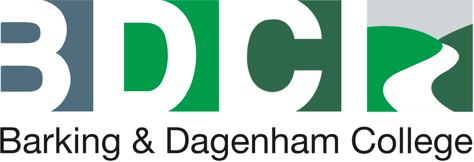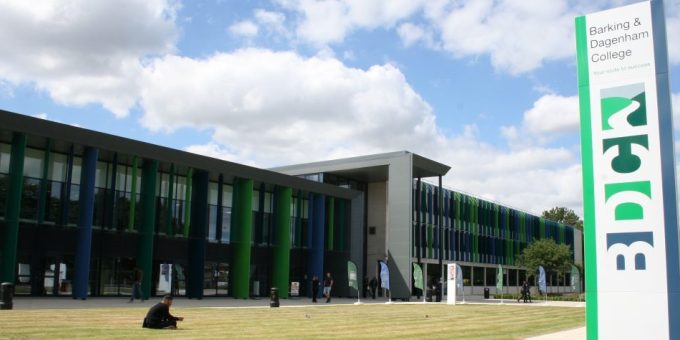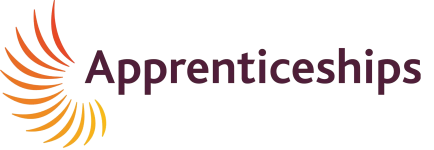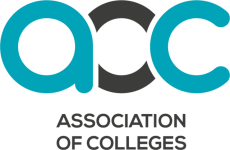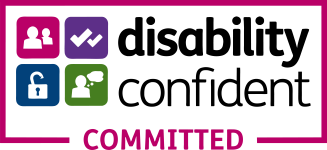With so many different qualifications, subjects and awarding bodies, trying to find the right course for you can be confusing.
Our guide to study levels and answers to commonly asked questions will make your search easier. It'll also help ensure you apply at a level that suits your knowledge and experience.
Please note that some courses will require additional entry requirements, please check on each course page for guidance.
If you don’t have any qualifications but you’re keen to learn, start your study at Entry Level.
Completing an Entry Level qualification will give you practical skills. It will also allow you to move on to further study.
At Barking & Dagenham College we offer entry-level programmes to give you access to courses in subjects such as Construction Skills, Digital Skills and Hair & Beauty.
To study Level 1 courses you’ll need GCSE Maths and English at grade 2 or above, plus GCSEs at grade 2 or above in two additional subjects.
Level 1 courses will give you basic knowledge in new subjects, and enable you to continue to Level 2.
We do courses in everything from Beauty Therapy to Bricklaying at Level 1. You can start a BTEC or NVQ at this level, and qualifications include Awards, Certificates and Diplomas.
For studying Level 2 courses you’ll need GCSE Maths and English at grade 3 or above, plus GCSEs at grade 2 or above in two additional subjects.
You may also need some previous knowledge or experience of the subject, and some courses might require GCSE English & Maths at grade 4 (C) or above.
Level 2 courses will develop your knowledge of your subject, and provide a basis for further study or looking for work.
We offer courses at this level across Business, Care, Construction, Creative, Service Industry and STEM career pathways. Qualifications include BTEC Certificates and NVQ Diplomas.
Apprenticeships (Intermediate-level) are also offered at Level 2.
To study at Level 3 you'll need GCSE Maths and English at grade 4 or above, plus GCSEs at grade 2 or above in two additional subjects.
Completing a course at Level 3 gives you options. You can continue your studies at degree level – or choose to look for work. Employers are often keen to employ candidates with this level of qualification.
Level 3 courses are offered within most of our career pathways. Qualifications include BTEC and NVQ Diplomas, and they’re equivalent to having A Levels.
Apprenticeships (Advanced-level) are also offered at Level 3.
Courses at this level qualify as Higher Education. They're in-depth, degree-level study.
You'll need Level 3 qualifications, A Levels, or the equivalent in order to study a Level 4 course.
Completing your course will enable you to continue with your degree-level studies or seek employment.
We offer HNC, degree foundation and professional qualifications at Level 4, and our degree courses start at this level too. Courses are available across most of the career pathways.
Apprenticeships (Higher-level) are also available at Levels 4 & 5.
Qualifications at this level are HND courses (often following on from HNCs), professional qualifications, or the continuation of foundation degree or degree-level study.
Apprenticeships (Higher-level) are also available at Levels 4 & 5.
FAQs
BTECs are practical, vocational and modular courses, and they’re available at different levels.
They can be an excellent option if you have a good idea of what you want to do in your career. BTECs focus on providing workplace skills rather than purely academic knowledge. Students are assessed throughout the course – it’s less likely you’ll have to sit final exams on a BTEC course.
You can take BTECs alongside GCSEs or A Levels, or instead of them.
The simple answer is no.
Universities used to require students to have A Levels to get onto their courses. Today there are alternative study options at Level 3 (such as BTECs) that are seen as an equivalent level of study.
So as long as you successfully complete your Level 3 qualification, whether it’s a BTEC, A Levels, AS Levels or a professional qualification shouldn’t affect your chances of progressing to degree-level study.
Yes. If you haven’t got any qualifications but you’re keen to learn, you can study on an Entry Level course. Once you’ve successfully completed the course, you’ll be able to progress with your studies at Level 1.
We offer Intermediate, Advanced and Higher-level apprenticeships.
Intermediate-level apprenticeships are at Level 2, Intermediate-level apprenticeships are at Level 3 and Higher-level apprenticeships are at Levels 4 & 5.
